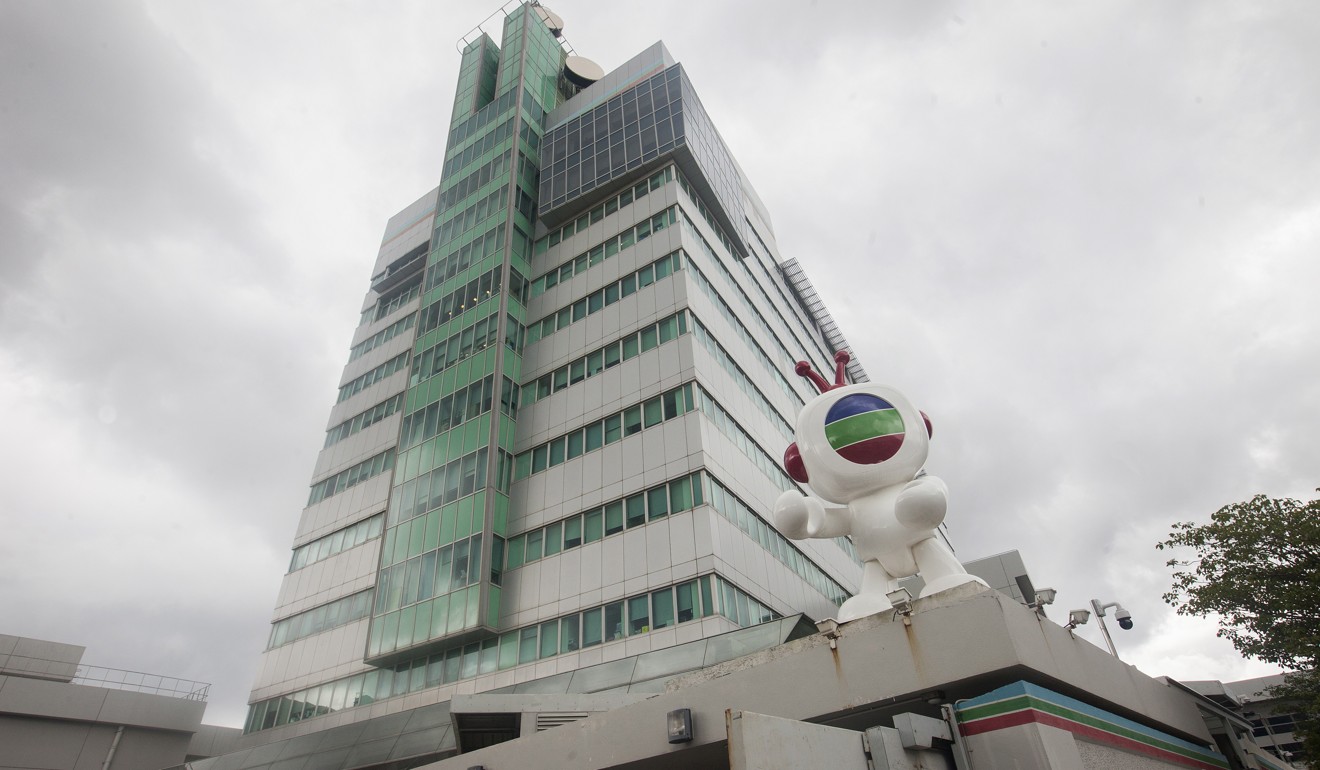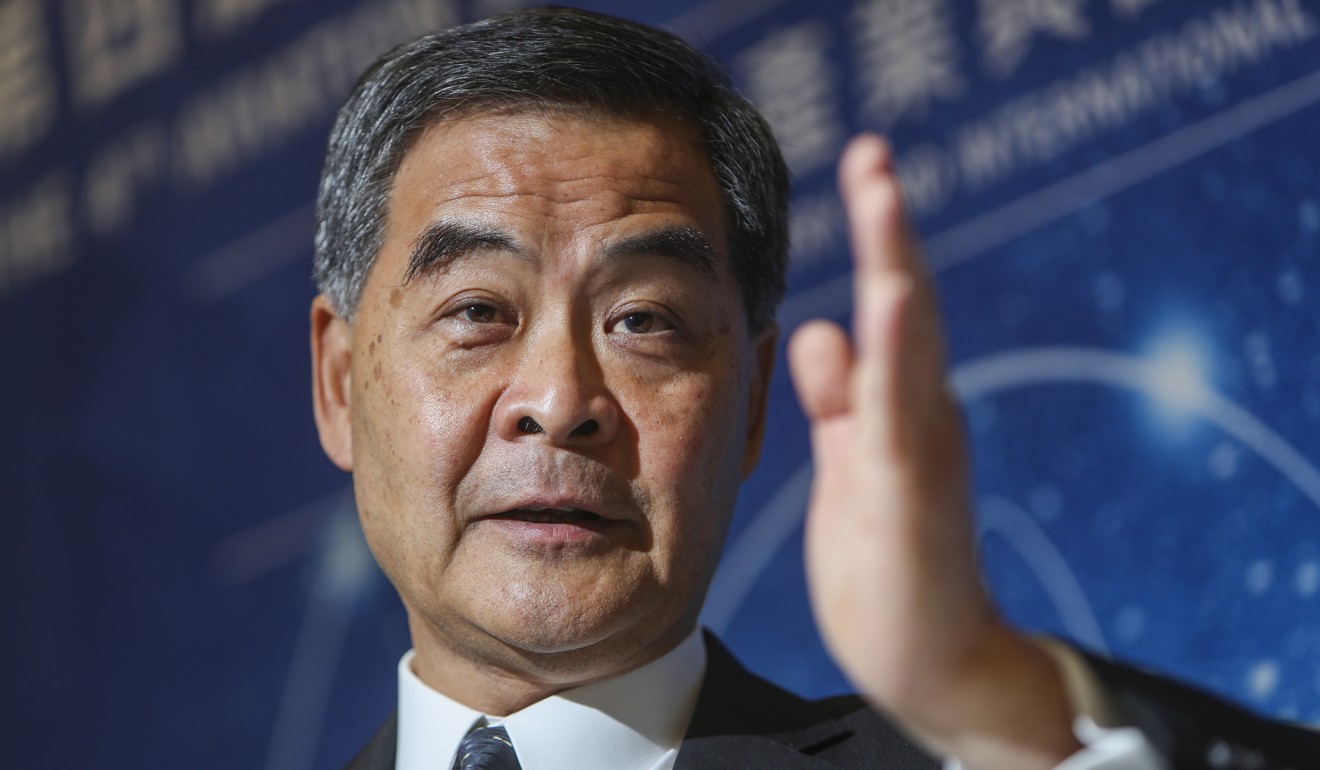
Pocari Sweat, Pizza Hut’s mainland China offices distance themselves from Hong Kong franchises over ‘TVB bias’ in coverage of extradition bill protests
- Sports drink manufacturer on mainland pans Hong Kong colleagues for decision to stop running adverts on city’s biggest free-to-air broadcaster
- Decision made following public concern over ‘pro-Beijing coverage’, as anti-bill campaigners target other advertisers
The mainland Chinese franchises of two international brands at the centre of an advertising storm distanced themselves from their counterparts in Hong Kong on Thursday in a new twist that pushed the conflict over the extradition bill to new heights.
Meanwhile, Hong Kong’s industry watchdog, the Communications Authority, said on Thursday it had received about 12,000 complaints about TVB’s news reports on the controversial bill since June and was looking into them.
A person close to the operator of Pizza Hut restaurants across the border, Yum China, told the Post the group had nothing to do with the restaurants in the city, which are run by another firm, the conglomerate Jardines. Jardines said its advertising campaign on TVB recently ended as planned.

In the past couple of days, protesters pressed another batch of advertisers to pull adverts from TVB’s platforms by bombarding the social media pages of brands – such as Foodpanda food delivery services, travel website Trivago and health product retailer Royal Medic – with messages.
“The Pocari and Pizza Hut dramas are over the top,” said Rudi Leung Chi-sing, founder of advertising agency Hungry Digital. “I am worried about Hong Kong’s situation, which has gone to extremes. [Protesters are saying] ‘You are an enemy if you do not agree with my political stance.’”
Pocari’s Hong Kong office’s decision sparked the boycott by mainland consumers of its drinks, who denounced what they called its support of violence.
“So you support Hong Kong independence and think TVB should never broadcast footage of mobs attacking police and decide to withdraw advertisements? Then withdraw from China please,” said one internet user on social media app Weibo.
Pocari’s parent company in Japan apologised overnight for the inconvenience caused by the decision of its Hong Kong colleagues.
Its China office said it supported the one country, two systems principle and operated independently from its Hong Kong office.
TVB said in a statement on Thursday night it regretted the Pocari Hong Kong office’s decision to review its advertising plan.
Pocari Sweat among advertisers ditching Hong Kong’s TVB over claims of biased coverage
Quashing internet confusion over its stance, TVB said in an official response that it was taken aback by mainland consumers’ response and opposed any parties interfering with its editorial decisions.
Leung Chun-ying, the vice-chairman of China’s top advisory body, Chinese People's Political Consultative Conference (CPPCC), and the city’s ex-chief executive, fuelled the conflict by urging mainland consumers to boycott Pocari.

“Hong Kong is even more polarised after the bill drama, he [Leung] should stop saying this [supporting the boycott],” said economist Andy Kwan Cheuk-chiu, with ACE Centre for Business and Economic Research.
“Mainland shoppers are honest when taking actions. They say it, but they may not mean it as you can see from their affection for iPhones when they say they support Huawei smartphones during the US-China trade war.”
With pressure mounting to ditch TVB, a Foodpanda spokesman said it would continuously review its marketing strategies without disclosing its decisions.
“We understand the current situation in Hong Kong and respect the political stances of everyone,” she said.
Nearly 1 in 10 Hongkongers 'likely to have depression' amid bill crisis
Even when politics appeared to interfere with commercial decisions, Kwan said the ultimate factor in determining companies’ political stance was still business.
“Look at ‘showbiz’, celebrities choose to side with government thinking if they want to make money in China,” he said.
Award-winning singer and actress Deanie Ip was in the minority when she stepped forward to publicly oppose the bill and support peaceful protesters.
“It will be all right if you’re not bothered about earning money in China,” she told the Post. “Pocari’s withdrawal of adverts from TVB is encouraging.”
Professor Gong Yaping, head of the department of management at Hong Kong University of Science and Technology said companies should make decisions based on commercial reasons and stay true to professional standards.
“Not doing so would risk losing customers of certain political orientation,” he said.
Rudi Leung believed the TVB controversy reflected the thinking of younger people and would encourage companies to review their marketing platform choices.
However, he did not think the advertising controversy would deal any immediate blow to loss-making TVB, which was still one of the largest media outlets.
Additional reporting by Su Xinqi and Zhuang Pinghui

